What is the flavor of coffee from the four major producing areas in Yunnan? Introduction to the characteristics of Katim Coffee varieties in Yunnan Province

"would you like to try our Yunnan beans-Qianjie 2013, these are the coffee beans we grow in Yunnan." This is the advice that baristas in front of the street will give when guests are faced with a blackboard bean list but don't know how to start. When some guests hear that these are Yunnan beans, they will shine in front of their eyes, and some curious guests will ask more, "what kind of Yunnan beans are you?" What kind of treatment do you use? " When learning that it is a variety of tin cards treated by the sun, most guests will place orders with a fresh attitude.
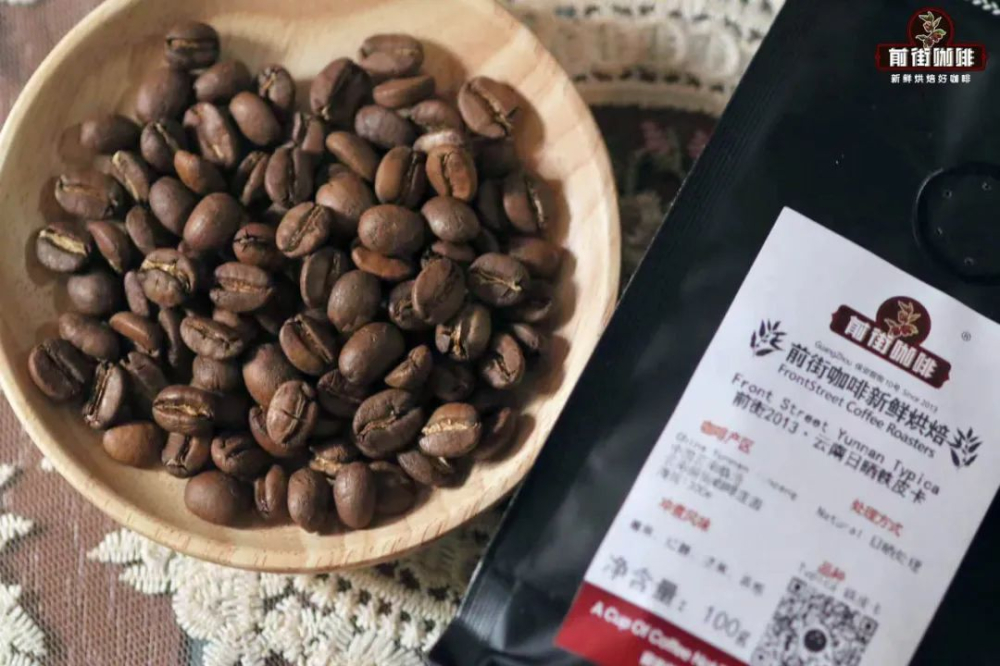
Why do some guests ask more "what kind of variety?" What kind of treatment? " . As the representative of Chinese coffee, what exactly happened to Yunnan small-grain coffee? If you want to know the story, listen to the decomposition of Qianjie.
Legendary History of Coffee in Yunnan
When it comes to the history of coffee in Yunnan, we have to talk about the French Catholic missionary: Tian Deneng. In the 18th year of Guang Xu of the Qing Dynasty (1892), Tian Deneng planted coffee from Vietnam in Zhukula Village, Yunnan Province, and taught local villagers about the way coffee was grown, ground and brewed.
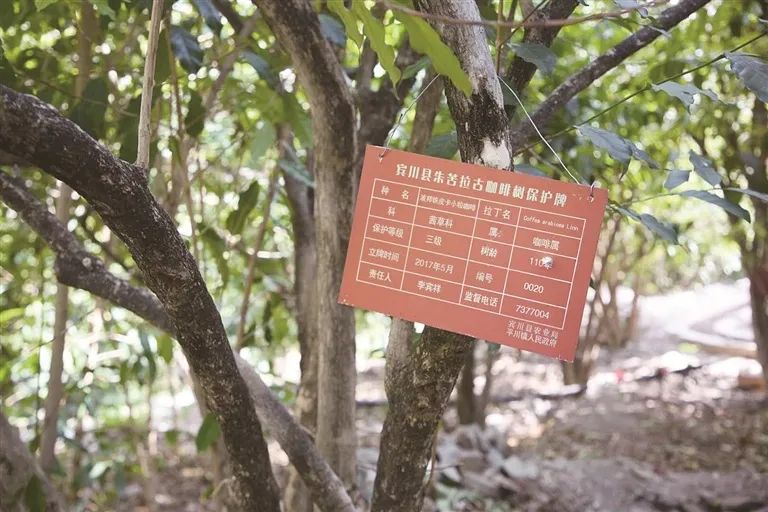
In the fifties and sixties after the founding of New China, coffee was popularized and promoted on a large scale for the Soviet Union and the socialist brother countries of Eastern Europe, and the products were uniformly purchased and processed by the state. This has ushered in an opportunity for large-scale industrial development in Yunnan.
In 1970, South American coffee-growing countries such as Brazil began to suffer from rust, and the collapse in production directly affected the price of coffee beans around the world. In order to get rid of their dependence on these countries, international coffee companies hope to find new coffee producers that can share the risks, such as Africa, Asia and other places.
In the 1980s, during the wave of reform and opening up in China, Nestle Coffee set up a joint venture in China and began to support the development of the local coffee industry by launching coffee planting projects. Since 1992, Nestl é has established the Ministry of Coffee Agriculture to guide and study the improvement and cultivation of coffee in Yunnan, and to buy coffee according to the prices of the US futures market.

With the deepening of the process of reform and opening up, the third wave of boutique coffee is also slowly introduced into China from overseas, Yunnan coffee industry began to embark on the road of exploration of boutique coffee. The government has launched special support policies to take the lead in improving breeding, planting and processing techniques, and the quality and yield of coffee have been gradually improved.
Present situation of Coffee in Yunnan
At a time when boutique cafes are springing up like bamboo shoots after a spring rain, it is more and more common for Yunnan coffee to enter the bean list. So what is the quality of the boutique coffee beans in Yunnan today? The unique flavor of a producing area is inseparable from its geographical and natural conditions, the main coffee varieties planted, the main treatment methods and so on.
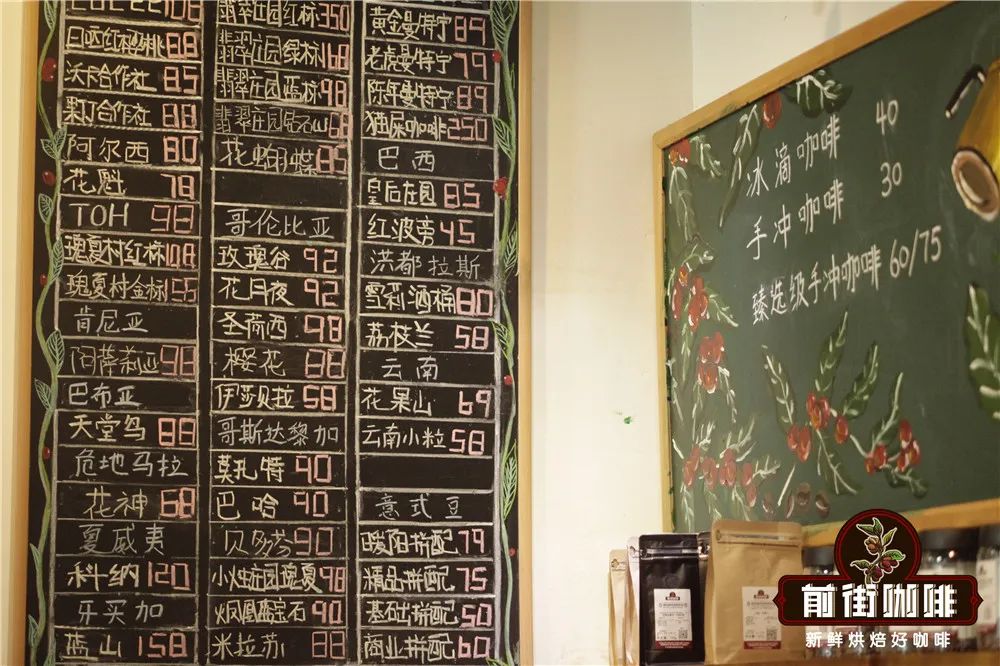
Yunnan small grain coffee, in fact, "small grain" refers to the Arabica species that we often hear. Do you still remember the focus of the previous article: Nestl é set up the Ministry of Coffee Agriculture to guide and study the improvement and cultivation of coffee in Yunnan. Under the influence of Nestl é, farmers cut off the original old varieties (iron pickups, etc.) and began to plant Katim varieties with lower costs and higher yields on a large scale, which also laid the groundwork for the follow-up exploration of fine products in Yunnan.
Katim is not a complete Arabica species. Katim is a hybrid of Timor and Kaddura, while Tim is a variety with the Robusta gene. Bring higher disease resistance, higher yield and lower planting requirements to coffee trees. However, because it carries the gene of 1amp 4 Robusta, the flavor of the coffee becomes less delicate, the aroma is not as rich as the pure Arabica species, and there is a good chance that the bitter taste will become heavier under the rough raw bean treatment. appear astringent and more irritating mildew taste.
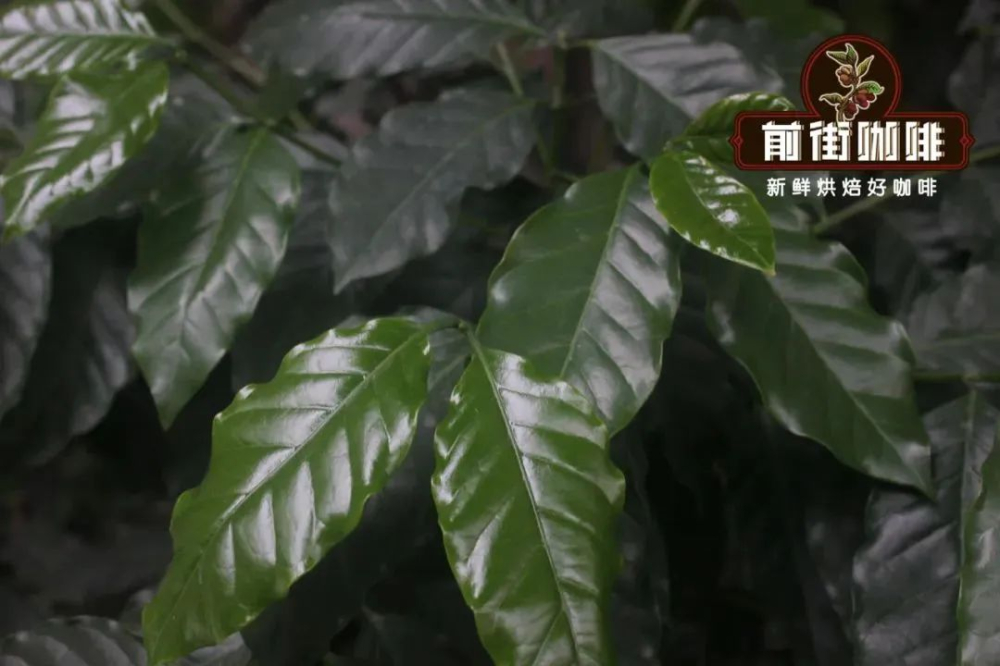
In the past, the output of coffee beans in Yunnan was mainly used to make instant coffee, so the fruit of picked coffee was handled very casually. After embarking on the road of boutique, there is also a new attempt on the treatment of coffee fruit. In addition to the traditional sun, water washing, honey treatment, anaerobic, enzymes and other steps are also gradually increasing. However, a big reason why various treatments of coffee are popular in Yunnan is that they have already planted Katim varieties, which is equivalent to a "shortcut" to highlight the flavor of post-treatment without changing the variety and altitude.
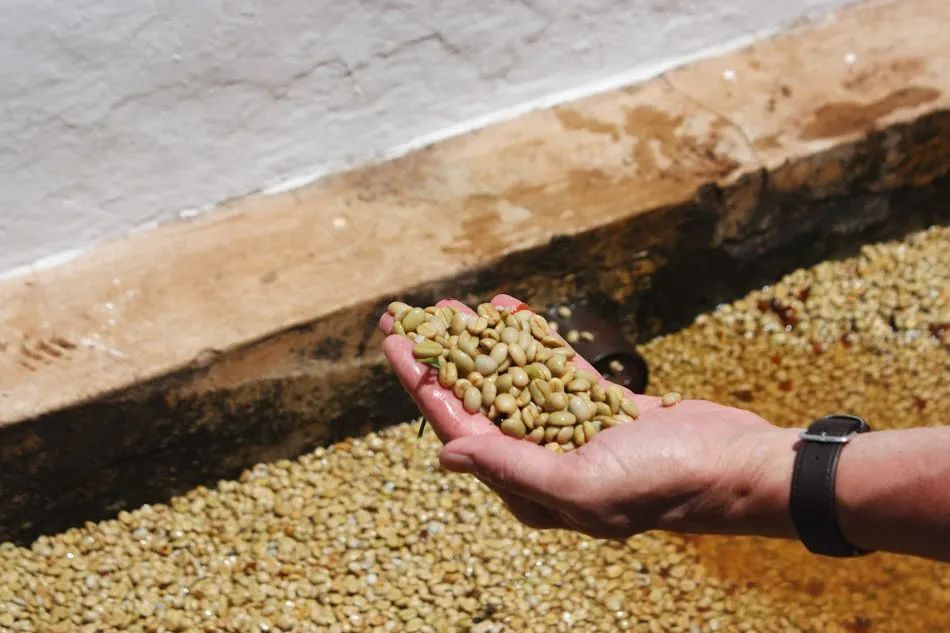
After years of exploration in the road of fine coffee, the flavor of Yunnan coffee also tends to be stable. Through the Map Book of Yunnan Coffee Flavor released by Judian Coffee Laboratory 2021-2022, we can see that Yunnan coffee is dominated by nuts, citrus and sugars in dry, wet and flavor; in addition, grains, chocolates and herbs also account for a large proportion of flavor descriptions, and wood tonality can also be seen in the flavor descriptions of a few producing areas.
Why did you choose Baoshan and washing? Qianjie believes that the general taste spectrum of Yunnan coffee comes from its most extensive Katim variety, which has been cultivated for many years, so Qianjie chose a washed Katim from Baoshan as an entry-level food rations.

As mentioned earlier, in the 1950s and 1960s, Yunnan coffee also had a wave of development opportunities, when coffee trees were planted on a large scale in Baoshan. As the first coffee to go abroad, Baoshan small Coffee has also received a lot of honors in the international community.
Compared with other producing areas, Baoshan has accumulated more experience in coffee cultivation after years of coffee planting and production. Although most coffee plantations have long been converted to Katim varieties, in some old estates / coffee plantations, we can still find some of the old varieties that have been preserved in the past, and leave more choices for Yunnan on the road of boutique coffee.

Among the many treatments, Qianjie believes that the washing method can better taste the original taste of a coffee bean, so that people can better understand the local flavor of a producing area, so they chose the washing batch in the traditional treatment method.
Summary
There are two biggest problems in Yunnan coffee on the road of high-quality products, one is the lack of expressive varieties, the other is the lack of competitiveness of traditional coffee beans, and the coffee beans with innovative processing methods are becoming more and more "magical". In the end, what will be the change in the taste of Yunnan's producing areas, and what kind of road will it take? let's give Yunnan a little more time to see if Yunnan coffee can bring us more surprises.
-END-
Front Street Cafe
No. 10 Baoqian street, Yandun road, Dongshankou, Yuexiu district, Guangzhou, Guangdong province

Important Notice :
前街咖啡 FrontStreet Coffee has moved to new addredd:
FrontStreet Coffee Address: 315,Donghua East Road,GuangZhou
Tel:020 38364473
- Prev
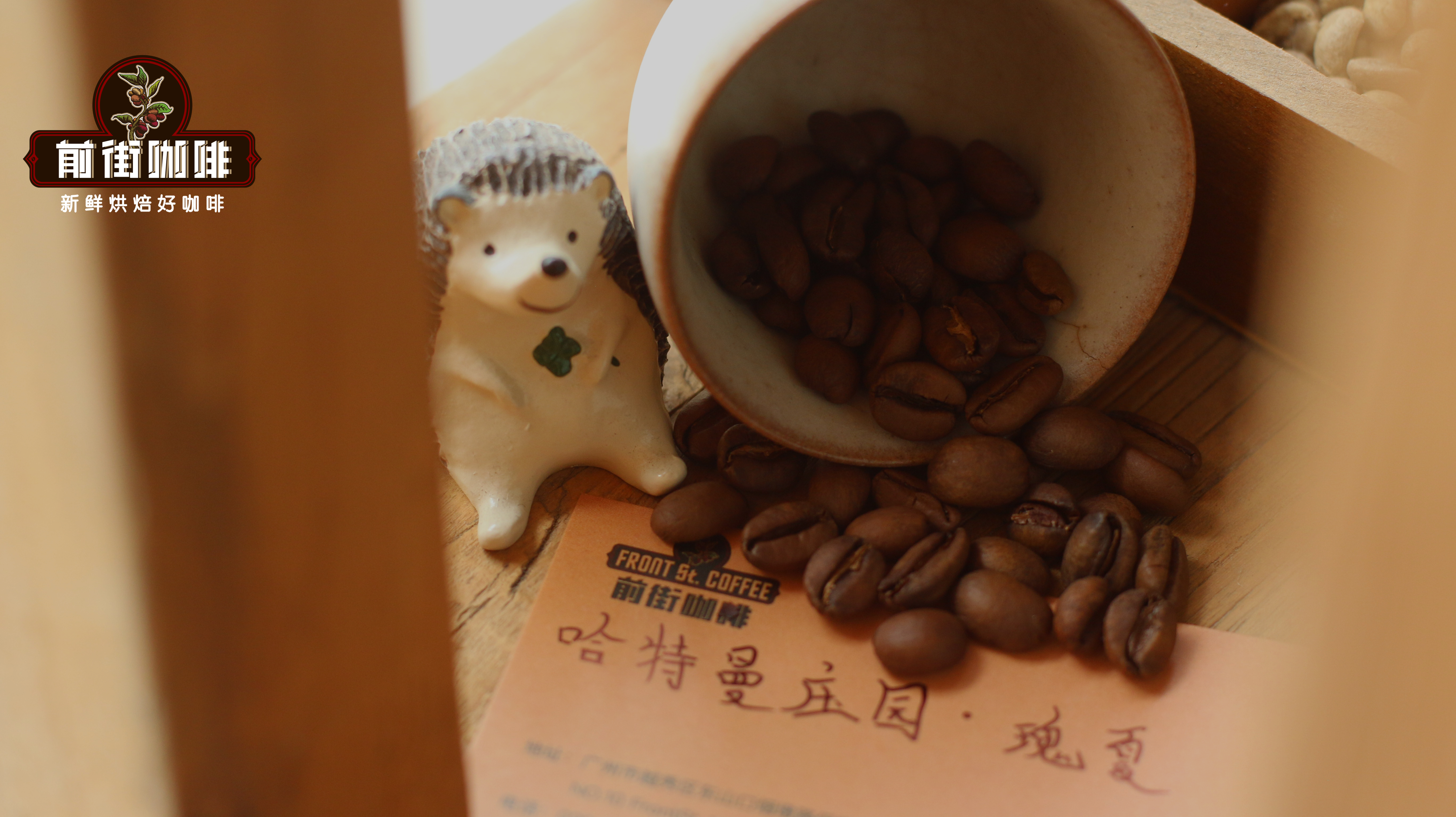
Characteristics of coffee flavor of Hartmann Manor in Walken area of Panama in anaerobic sun-drying Hartman Rose Summer
Front Street Coffee: Panamanian Hartman Manor Rose Summer Coffee Bean country: Panamanian Grade: SHG production area: Walken Manor: Hartman Manor elevation: 2100 meters above sea level: anaerobic sun treatment varieties: rose summer flavor: bergamot, pineapple juice, passion fruit, Earl Grey Tea, blueberry, apricot Panama Walken
- Next

Introduction to the characteristics of authentic blue mountain coffee bean producing areas? What is the CIB Coffee Authority in Jamaica?
The Jamaican Blue Mountain Coffee Industry does not belong to the "genius" type that came out of nowhere. It has gone through twists and turns to become the Blue Mountain Coffee that people say today. Behind the success of Blue Mountain, it is inseparable from an association. Because of the establishment and operation of this association, Blue Mountain Coffee is famous all over the world. Blue Mountain Coffee was born in Galle.
Related
- Detailed explanation of Jadeite planting Land in Panamanian Jadeite Manor introduction to the grading system of Jadeite competitive bidding, Red bid, Green bid and Rose Summer
- Story of Coffee planting in Brenka region of Costa Rica Stonehenge Manor anaerobic heavy honey treatment of flavor mouth
- What's on the barrel of Blue Mountain Coffee beans?
- Can American coffee also pull flowers? How to use hot American style to pull out a good-looking pattern?
- Can you make a cold extract with coffee beans? What is the right proportion for cold-extracted coffee formula?
- Indonesian PWN Gold Mandrine Coffee Origin Features Flavor How to Chong? Mandolin coffee is American.
- A brief introduction to the flavor characteristics of Brazilian yellow bourbon coffee beans
- What is the effect of different water quality on the flavor of cold-extracted coffee? What kind of water is best for brewing coffee?
- Why do you think of Rose Summer whenever you mention Panamanian coffee?
- Introduction to the characteristics of authentic blue mountain coffee bean producing areas? What is the CIB Coffee Authority in Jamaica?

